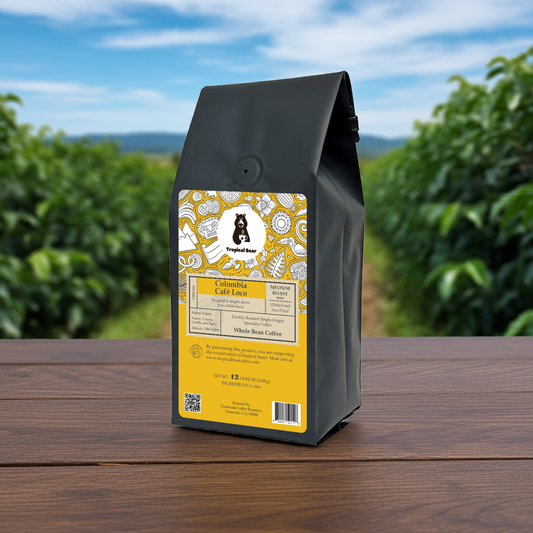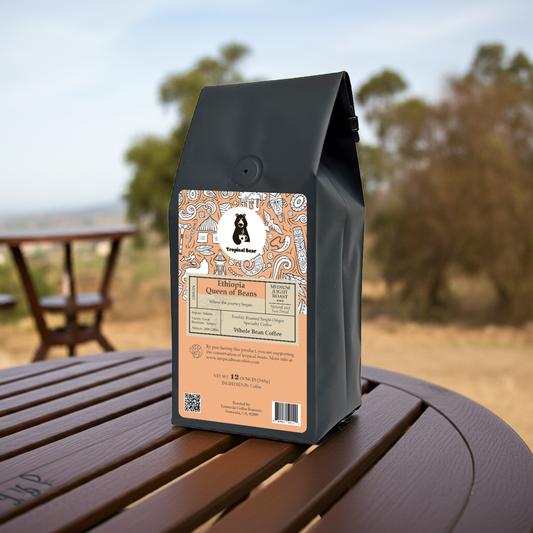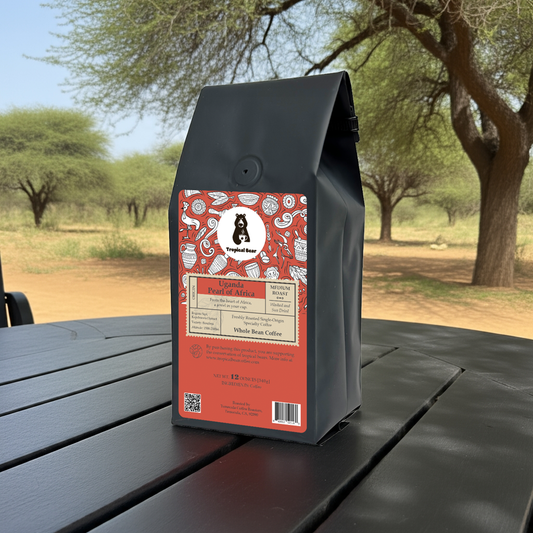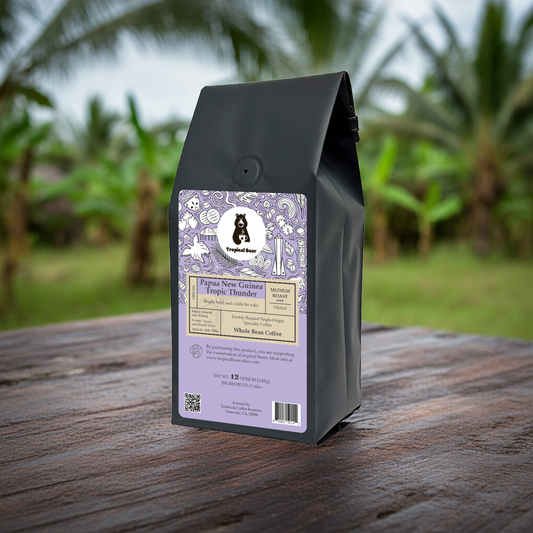Why Is Specialty Coffee Better?
Imagine this: You take a sip of coffee, and instead of the usual bitterness, your taste buds awaken to a symphony of flavored notes of juicy berries, rich chocolate, or delicate florals. That’s the magic of specialty coffee. But what makes it so special? Why does it stand above the rest?
Let’s dive into the world of specialty coffee and find out!
1. Grown in Ideal Climates with Love and Care
The best specialty coffee comes from high-altitude regions with rich soil and the perfect balance of sunshine and rainfall. Countries like Ethiopia, Peru, Colombia, and Papua New Guinea cultivate coffee with unique flavor profiles due to their diverse microclimates.
In Colombia, I explored farms where coffee is grown in volcanic soil, giving it a deep, complex flavor. In Peru, the coffee thrives in the Andes at extreme altitudes, where the slower maturation process enhances its natural sweetness. Farmers take immense pride in their work, using traditional and sustainable methods to nurture their crops, ensuring quality from the very beginning.
2. Picked at Peak Ripeness
Specialty coffee isn’t just any coffee, it’s the top 5% of beans in the world. These beans are meticulously hand-picked from farms that prioritize quality over quantity.
Unlike commercial coffee, where beans are harvested mechanically (often before they’re fully ripe), which includes defective or low-quality beans, specialty coffee cherries are sourced from the finest crops and hand-picked at their peak ripeness to ensure an exceptional cup. Timing is everything.

On my journey through Colombia’s coffee farms, I watched farmers expertly pick only the ripest, reddest cherries. This careful selection is key to the balanced acidity and chocolate notes of our Colombia Tolima and the floral aroma of our Peru Amazonas.
4. Meticulously Processed for Purity
The journey from coffee cherries to roasted beans is just as important as where it’s grown and how it’s picked. Specialty coffee goes through precise processing methods like washed (for a bright, clean taste), natural (for a fruity, full-bodied profile), or honey-processed (for a balanced sweetness).
Our Ethiopia Sidama is naturally processed, giving it those beautiful berry notes, while the Uganda Sipi undergoes a washed process, highlighting its light body and chocolate profile.
5. Roasted to Highlight Natural Flavors
Forget the overly burnt, bitter taste of mass-market coffee. Specialty coffee is lightly roasted to enhance the bean’s natural flavors rather than masking them.

During my trips, I had the pleasure of tasting freshly roasted coffee straight from local roasters. In Colombia, the roast profiles were designed to highlight the rich, chocolatey body of the beans, while in Peru, lighter roasts brought out floral and citrusy brightness. Each sip was a testament to the craft of roasting done right.
6. Ethically Sourced and Traceable
When you drink specialty coffee, you’re not just getting a better brew, you’re supporting farmers who are fairly paid for their hard work. Unlike commercial coffee, where supply chains are murky and often exploitative, specialty coffee emphasizes transparency.
One of the things that struck me most in Colombia and Peru was the deep connection between farmers and their coffee. Many of these producers are part of cooperatives that ensure fair pay, better working conditions, and reinvestment in their communities. By choosing specialty coffee, you’re directly supporting these small farmers.
7. It’s Fresher and More Flavorful
Specialty coffee is typically roasted in small batches and shipped fresh, unlike store-bought coffee that may have been sitting on shelves for months.
When you order any of Tropical Bear Coffees, you’re guaranteed freshly roasted coffee that bursts with flavor and aroma.
8. A Better Brewing Experience
Ever notice how a specialty coffee shop takes its time brewing your coffee? That’s because it’s meant to be enjoyed at its best. Whether you’re using a French press, pour-over, AeroPress, or espresso machine, specialty coffee thrives when brewed with care.

Specialty coffee isn’t just a drink; it’s an experience worth savoring.
9. Specialty Coffee Supports Sustainability
Many specialty coffee farmers focus on eco-friendly practices, from shade-growing (which preserves biodiversity) to water-conscious processing methods.
During my travels, I met farmers who used organic farming techniques, preserved native trees to provide natural shade, and embraced sustainable methods to protect their land. Choosing specialty coffee means choosing a future where both coffee and the planet thrive.
Final Thoughts: Why Settle for Less?
Specialty coffee isn’t just about caffeine, it’s about experience. From farm to cup, every step of the process is carefully crafted to bring out the best in coffee. Once you taste the difference, there’s no going back to average brews.
I’ve had the privilege of exploring some of the most incredible coffee regions in Colombia and Peru, and what I’ve learned is this: every cup tells a story. It’s a story of dedication, passion, and adventure.
Now, go ahead and treat yourself to a coffee that’s as adventurous as you are!





